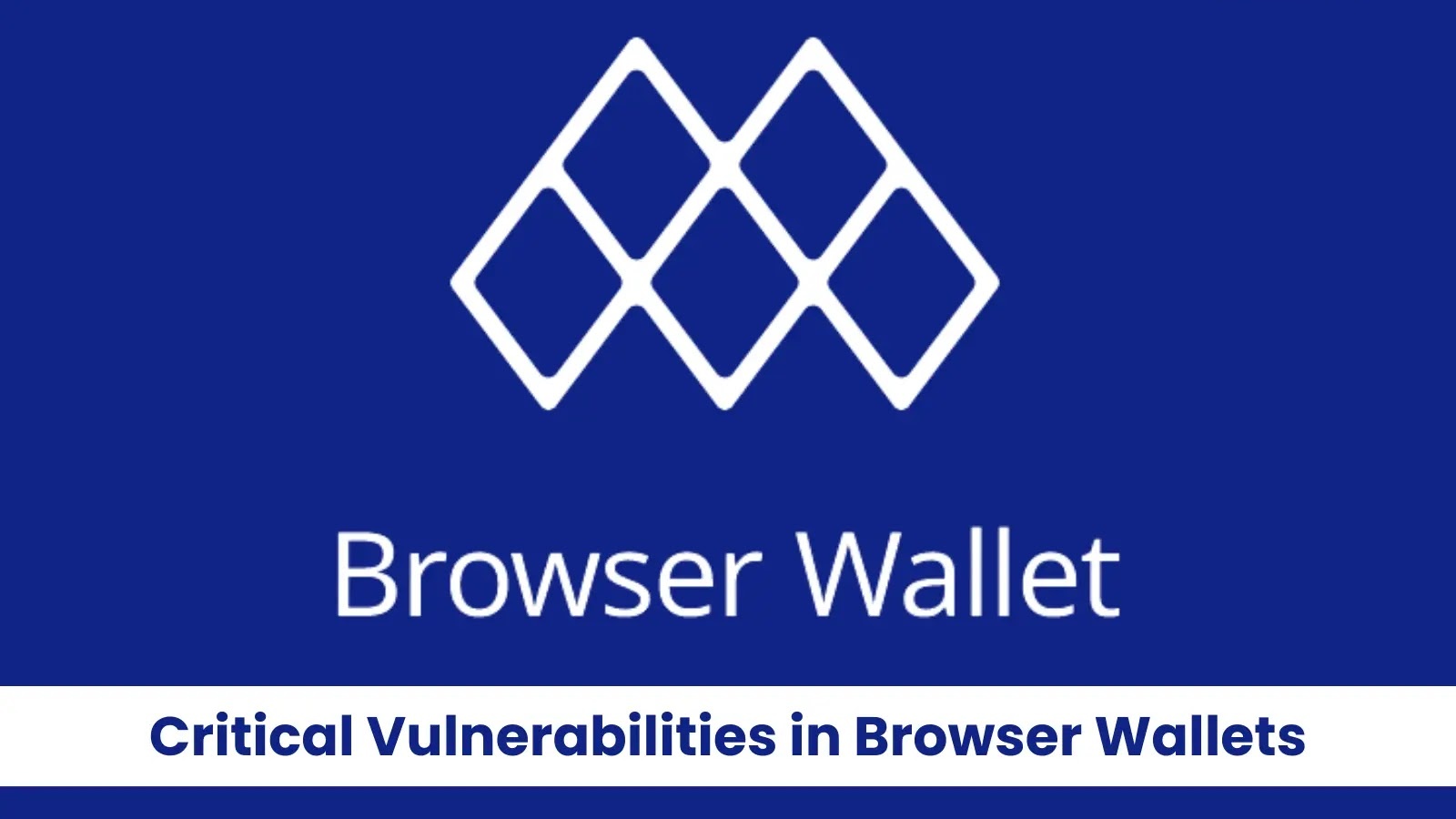Recent discoveries have unveiled significant security flaws in popular browser-based cryptocurrency wallets, including Stellar Freighter, Frontier Wallet, and Coin98. These vulnerabilities enable attackers to drain users’ funds without requiring any interaction or approval from the wallet owner. This marks a concerning evolution in cyber threats targeting cryptocurrency users.
Unprecedented Attack Vector
Traditionally, phishing attacks necessitate user engagement, such as approving malicious transactions. However, the newly identified vulnerabilities allow attackers to exploit users merely by having them visit a compromised website. No wallet connection approval, transaction signing, or any other user action is needed. As researchers at Coinspect highlighted, Simply visiting the wrong site could silently expose your recovery phrase, allowing attackers to drain your funds whenever they want. This method allows attackers to wait until a wallet holds a substantial balance, complicating the detection and tracing of the breach.
Technical Breakdown of the Vulnerabilities
The root of these vulnerabilities lies in the architectural design of how browser wallet extensions handle message passing between their components. In a typical setup, a decentralized application (dApp) interacts with the wallet through a Provider API injected by the Content Script, which then communicates with the Background Script that has access to private keys.
Stellar Freighter Wallet (CVE-2023-40580):
– Issue: The wallet utilized a single handler to process communications from both its user interface and the Provider API. This design flaw allowed attackers to manipulate the request.type parameter via the Content Script’s message listener, triggering internal functions intended for the Wallet UI and accessing the user’s secret recovery phrase.
Frontier Wallet:
– Issue: The Provider API exposed internal methods that returned the wallet’s state, including the encrypted recovery phrase. Despite using separate ports for connections, attackers could access this sensitive information even when the wallet was locked.
Coin98 Wallet:
– Issue: A vulnerability permitted attackers to send crafted messages with the isDev:true parameter to the Content Script. This tricked the Background Script into believing commands originated from the legitimate Wallet UI rather than a malicious site.
Implications of the Security Flaws
These vulnerabilities circumvent traditional security models in several alarming ways:
– Pre-Connection Risk: Malicious sites can interact with wallets before users accept any connection.
– Silent Exploitation: Attacks occur without alerting users, making detection challenging.
– Direct Key Access: Attackers can obtain secret recovery phrases even when wallets are locked.
– Delayed Exploitation: Hackers can wait until wallets contain significant funds before executing the attack, maximizing their gains.
Over the past year, cybercriminals have stolen approximately $58.98 million from over 63,000 victims using similar wallet-draining techniques. This underscores the critical need for enhanced security measures in cryptocurrency wallets.
Mitigation and User Recommendations
The identified vulnerabilities have been addressed in updated versions of the affected wallets. Users are strongly advised to:
– Update Stellar Freighter: Ensure the wallet is updated to version 5.3.1 or later.
– Update Frontier Wallet: Use versions released after November 22, 2024.
– Update Coin98 Wallet: Utilize only the latest versions available.
If there is any suspicion that a wallet may have been compromised, security experts recommend immediately transferring remaining tokens to a newly created wallet and ceasing the use of the vulnerable one.
Broader Context of Browser Vulnerabilities
These incidents are part of a larger trend of increasing browser vulnerabilities being exploited by cybercriminals. For instance, a critical zero-day vulnerability (CVE-2023-4863) was discovered in the WebP image format, affecting browsers like Chrome, Firefox, Edge, and Brave. This flaw allowed remote attackers to perform out-of-bounds memory writes through malicious WebP images, leading to potential arbitrary code execution. Browser companies promptly patched this vulnerability to mitigate the risk.
Additionally, a significant flaw in Google Chrome and other Chromium-based browsers enabled data theft of sensitive information, including cryptocurrency wallets and credentials, from over 2.5 billion users. This vulnerability, identified as CVE-2022-3656, allowed attackers to exploit the way Chrome handled symlinks, leading to unauthorized access to user data.
Conclusion
The discovery of these critical vulnerabilities in browser-based cryptocurrency wallets highlights the evolving nature of cyber threats and the importance of robust security practices. Users must remain vigilant, regularly update their software, and follow best practices to safeguard their digital assets. As cybercriminals continue to develop sophisticated methods to exploit security flaws, proactive measures and prompt responses to vulnerabilities are essential in protecting users from potential financial losses.



